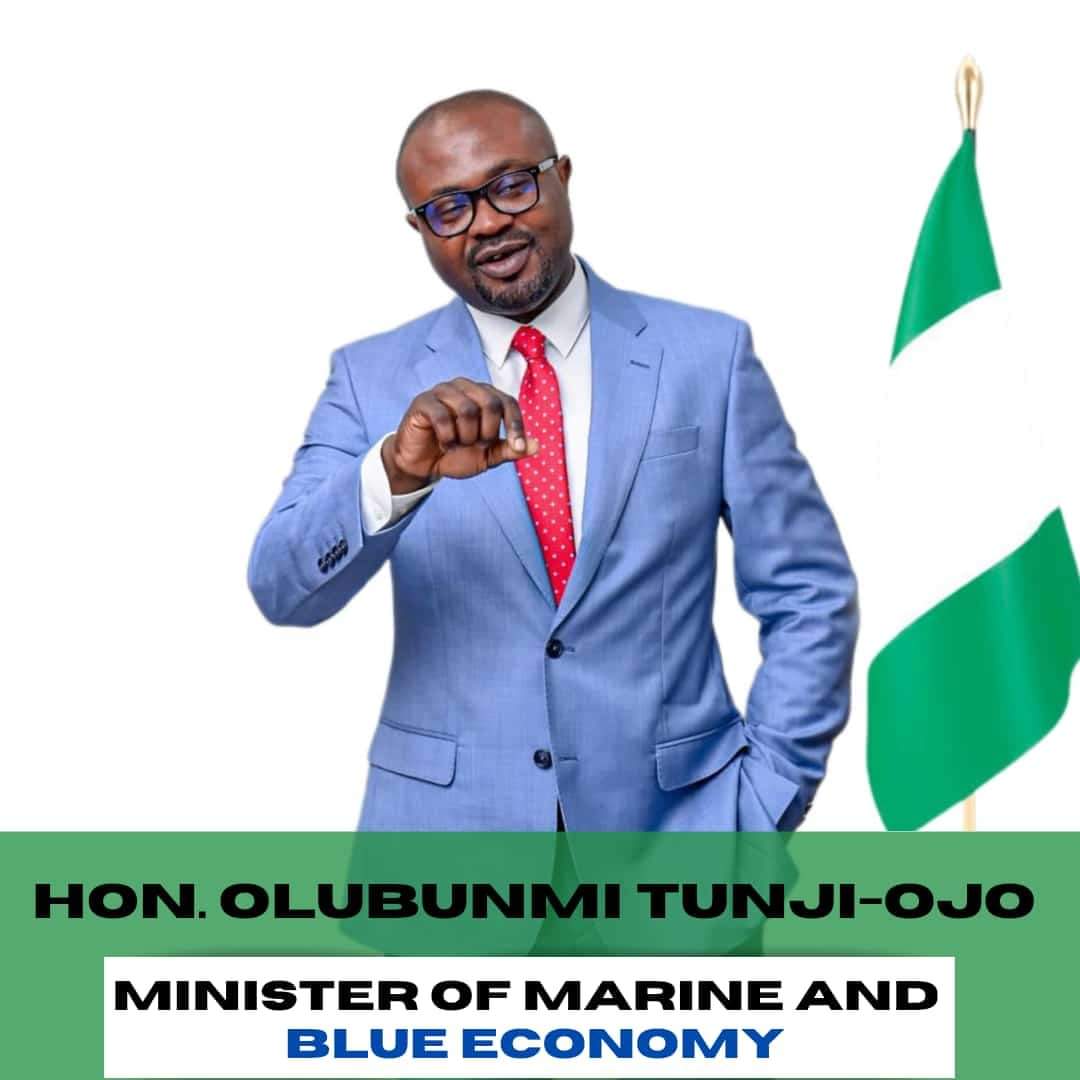In a strategic move aimed at advancing the utilization of marine resources, President Bola Tinubu has inaugurated a novel Ministry focused on the Marine and Blue Economy sector.
The establishment of the Blue Economy Ministry has garnered praise from analysts, seen as a progressive stride and promising news for the Nigerian population that has long grappled with challenges.
Delving into this newly formed Ministry, here are five key insights that might be unfamiliar to you:
The essence of “Blue Economy” in Economic Context:
The term “Blue economy” within the realm of economics signifies the conscientious management, conservation, and regeneration of marine ecosystems. This concept is particularly pertinent to international development discussions, as it encapsulates a sustainable approach to leveraging coastal resources.
A Spectrum of Economic Domains:
The scope of the Blue Economy concept extends across diverse economic sectors, ranging from conventional segments such as fisheries, aquaculture, and maritime transport, to encompassing dimensions like coastal and marine tourism.
Marine Spatial Planning’s Integral Role:
According to Rear Admiral Atakpa, a distinguished Nigerian authority on the blue economy, optimizing the benefits of both traditional and emerging sectors in a sustainable manner hinges on the effective use of “Marine Spatial Planning (MSP).” MSP is regarded as a pivotal foundation for a functional and robust blue economy, underscored by its significance second only to maritime security,” Rear Admiral Atakpa emphasized.
Encompassing Unquantifiable Ocean Ecosystem Services:
The Blue Economy endeavor also seeks to encompass the unquantifiable ecosystem services offered by oceans, which often elude market valuation but substantially contribute to economic and human activities. These services encompass carbon sequestration, coastal safeguarding, waste assimilation, and the preservation of biodiversity.
Revitalizing Revenue and Curtailing Fiscal Gaps:
Experts predict that, if effectively harnessed, the Ministry holds the potential to invigorate Nigeria’s revenue stream and significantly alleviate budget deficits. This becomes especially critical at a juncture where a substantial portion of the nation’s income is allocated towards servicing debts. Recent reports indicate that the Central Bank of Nigeria (CBN) possesses a debt of $7.5 billion to entities such as JP Morgan and Goldman Sachs, categorized as “securities lending.”
In summary, President Bola Tinubu’s introduction of the Ministry of Marine and Blue Economy marks a pivotal step towards harnessing the nation’s marine resources. The multifaceted implications of the blue economy concept span various economic sectors and hold promise for Nigeria’s economic growth, resilience, and sustainable development.
